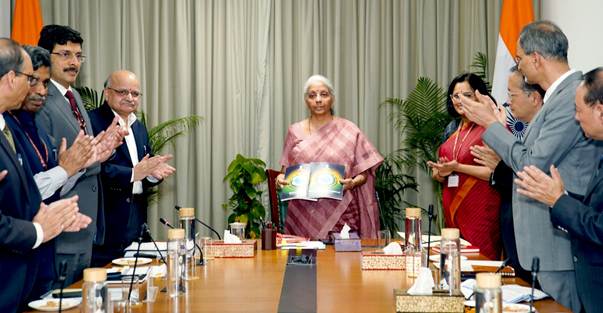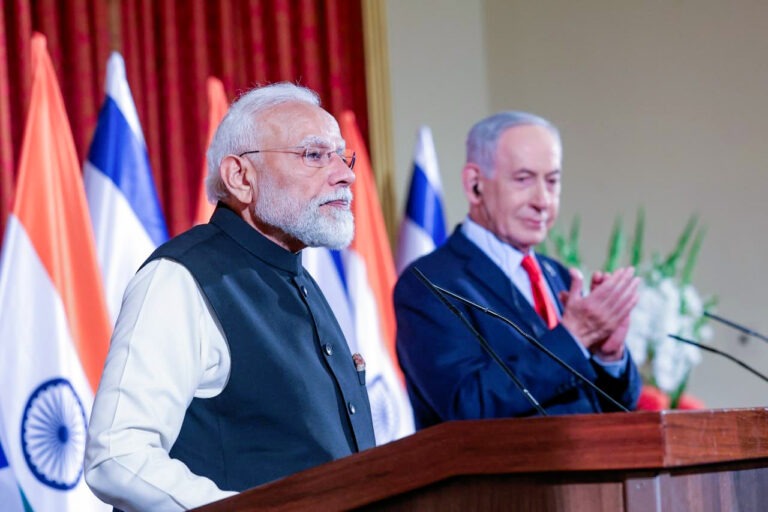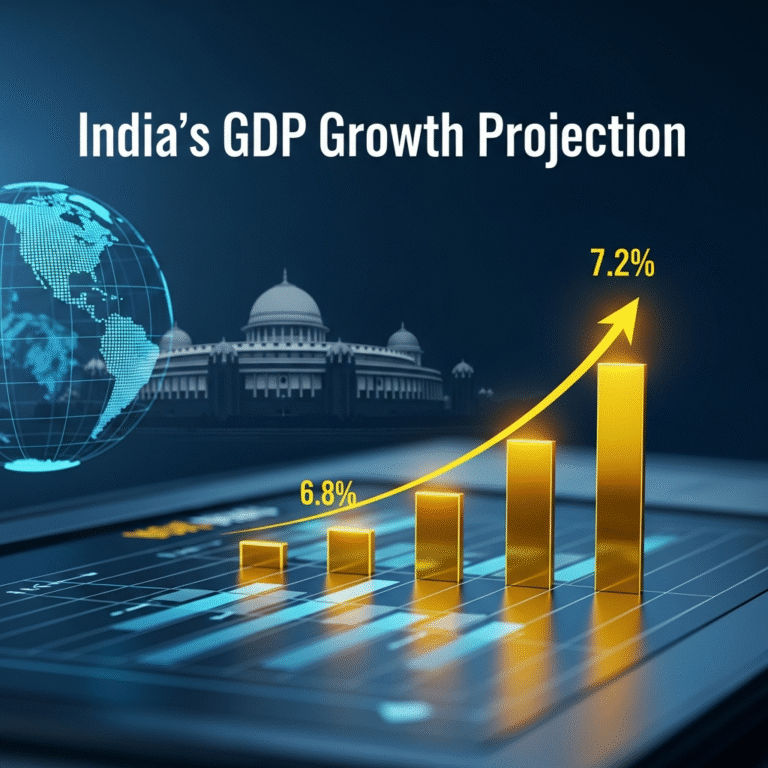
NEW DELHI— India-Israel FTA negotiations are set to begin. Both the countries have formally signed the Terms of Reference (ToR). This decisive step clears the path for full-scale negotiations on a comprehensive Free Trade Agreement. Commerce and Industry Minister Piyush Goyal announced the development after meeting with Israeli Economy and Industry Minister Nir Barkat. The signing ceremony marks a pivotal moment in bilateral economic relations.
The newly inked ToR sets a broad and ambitious framework. It specifically targets market access for goods by eliminating tariff and non-tariff barriers. Furthermore, the agreement focuses on investment facilitation and the simplification of customs procedures. Both nations aim to ease norms for trade in services. This move will likely boost the service sector significantly. Additionally, the ToR emphasises increasing cooperation for innovation and technology transfer. Goyal confirmed that officials will soon finalise the specific dates for starting the negotiations.
Strategic Sensitivities and Infrastructure Opportunities
Minister Goyal highlighted a key aspect of the preliminary understanding. The Israeli side has constructively conveyed their position on sensitive sectors. They will not seek market access in areas such as dairy, rice, wheat, and sugar. This understanding respects India’s domestic agricultural sensitivities.
Moreover, the Minister shared exciting news about infrastructure opportunities. Israel has announced a pre-qualification round for a massive metro project. This project holds a valuation of $50 billion. Goyal stated that Indian companies can actively participate in this venture. This opens a huge door for India’s construction and engineering giants.
Boosting Bilateral Trade and Investment
The trade relationship has seen fluctuations recently. During 2024-25, India’s exports to Israel dipped by 52 per cent to $2.14 billion. Imports also fell by 26.2 per cent to $1.48 billion. However, India remains Israel’s second-largest trading partner in Asia. The current trade basket is dominated by diamonds, petroleum products, and chemicals.
Crucially, recent years have witnessed a surge in high-tech trade. Electronic machinery, communications systems, and medical equipment are growing segments. The new India-Israel FTA aims to revitalise these numbers. It seeks to diversify the trade portfolio beyond traditional commodities. This follows the Bilateral Investment Agreement (BIA) signed in September. That agreement reduced the local remedies exhaustion period for Israeli investors, further encouraging Foreign Direct Investment (FDI).





